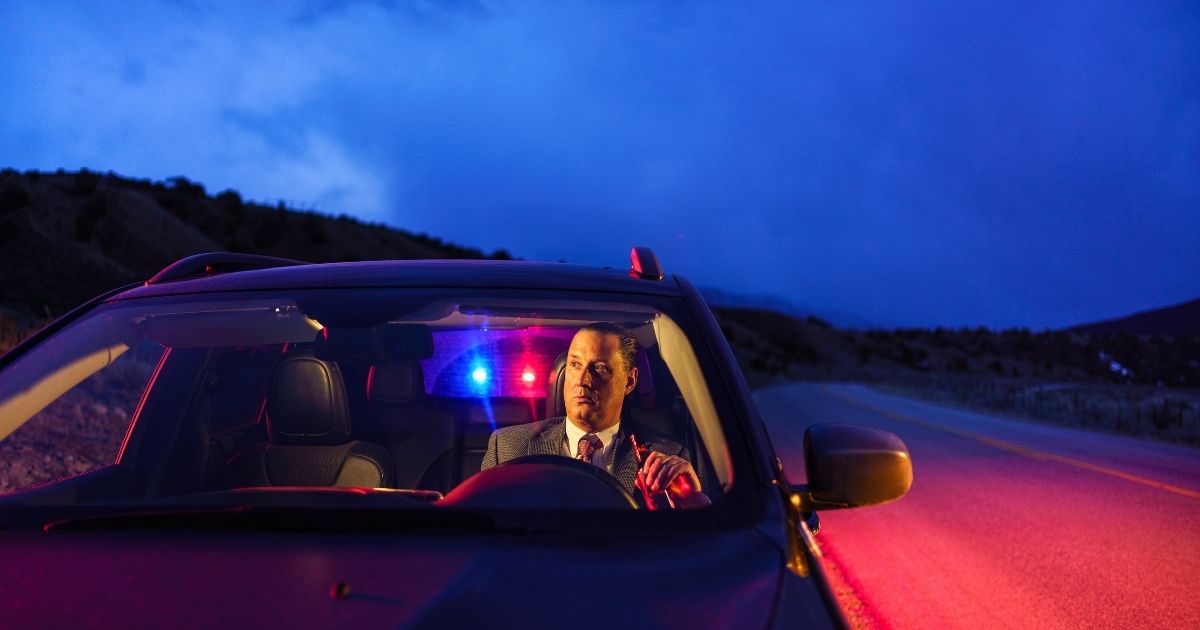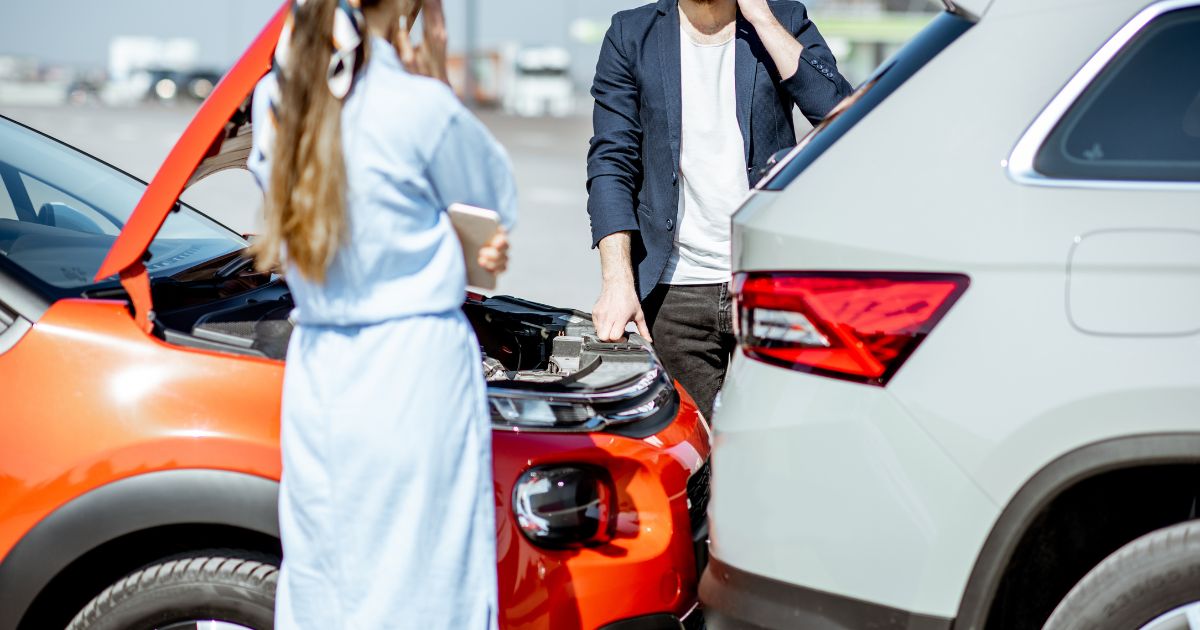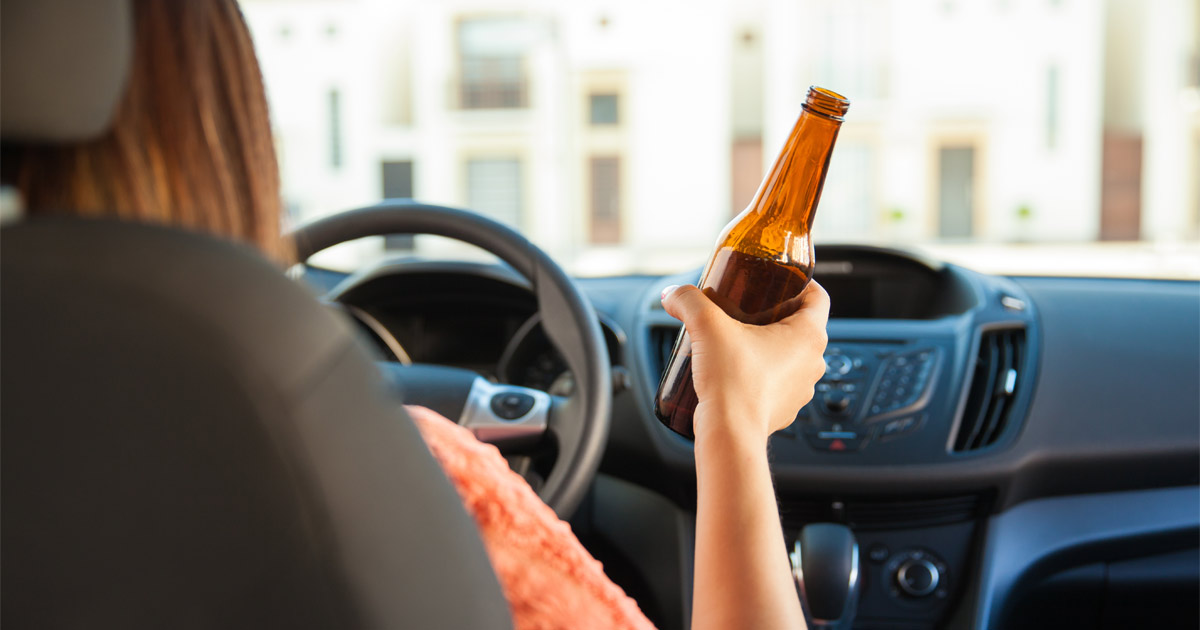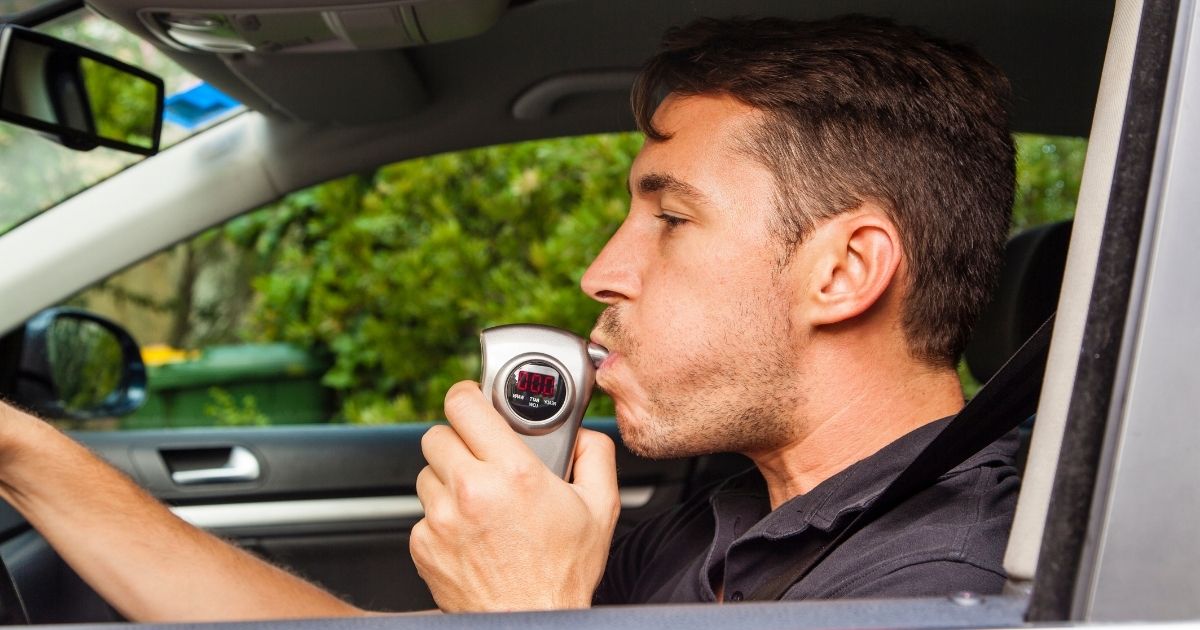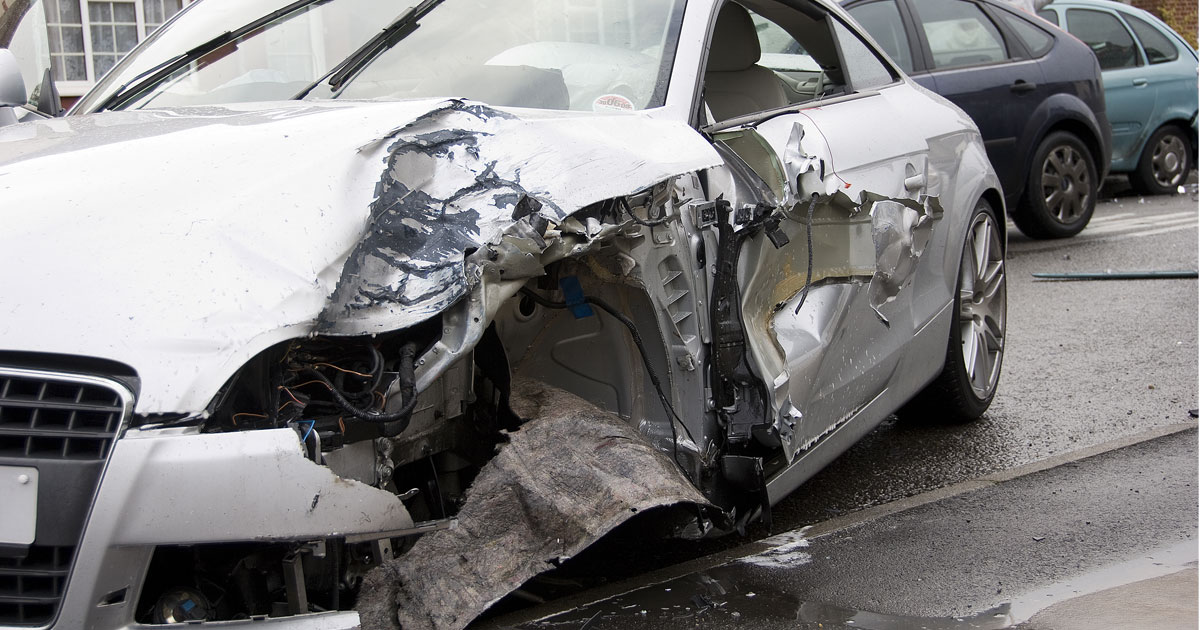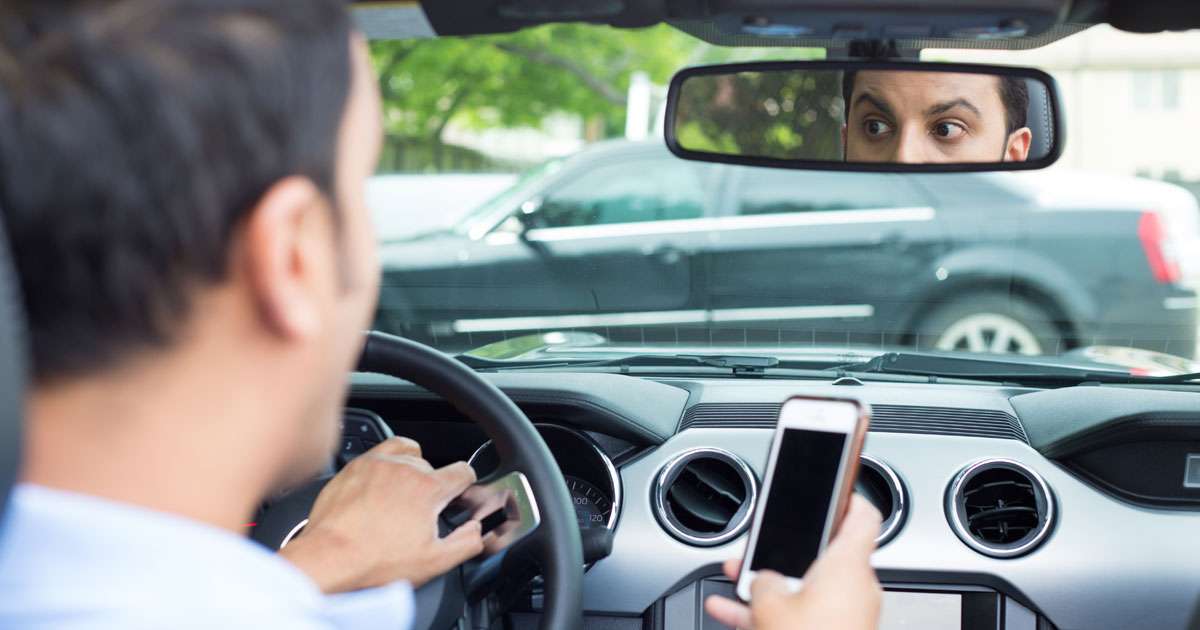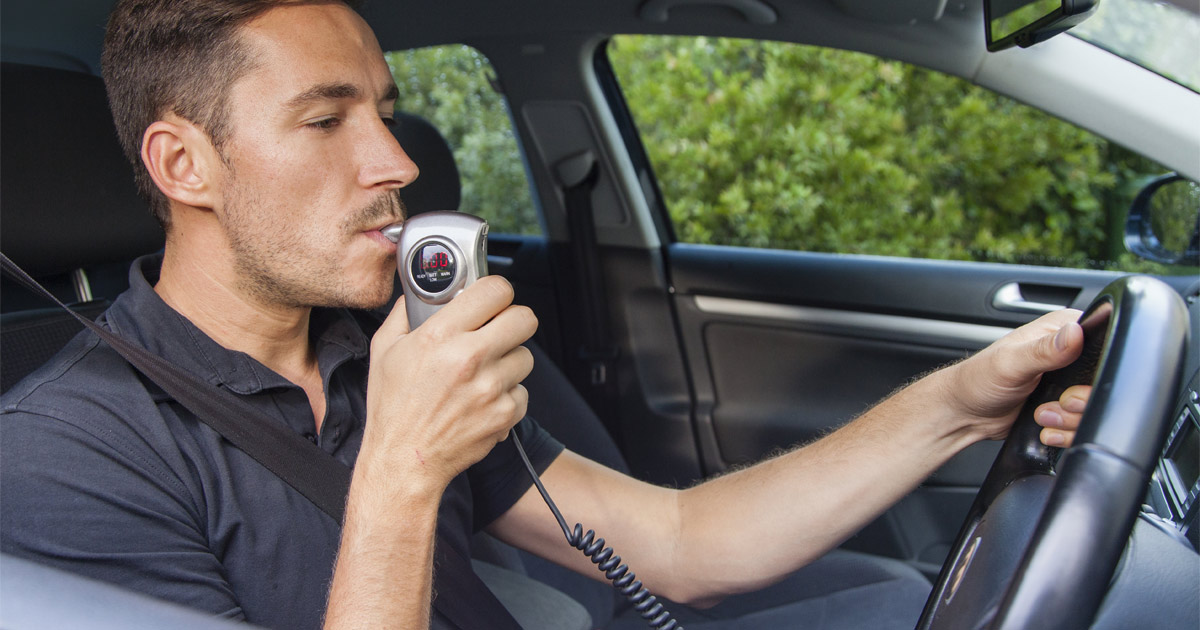What Are Examples of Non-Violent Crimes?
Non-violent crimes are offenses that do not involve physical harm to others but are still taken seriously under Georgia law. These crimes can result in substantial fines, jail or prison time, and a lasting criminal record. In fact, many non-violent offenses in Georgia are classified as felonies and carry severe legal consequences.
The classification and penalties for a crime in Georgia depend on several factors, including the nature of the offense, the amount of financial damage, prior criminal history, and whether minors or vulnerable individuals were affected.
What Are Common Types of Non-Violent Crimes in Georgia?
In Georgia, non-violent crimes span a broad range of activities. Common examples include:
- Cybercrimes: These include crimes committed online, such as hacking, unauthorized access to computer systems, online fraud, phishing schemes, data theft, and cyberstalking.
- Drug Offenses: Drug-related crimes are aggressively prosecuted in Georgia. They include possession of controlled substances, possession with intent to distribute, prescription fraud, and possession of drug paraphernalia. Some of these charges, especially those involving Schedule I or II substances, may result in felony convictions.
- Theft and Property Crimes: These offenses involve taking or damaging someone else’s property without permission. Examples include shoplifting, burglary, auto theft, vandalism, and destruction of property. Theft of property valued over $500 may be prosecuted as a felony.
- Driving Offenses: Certain traffic violations, while non-violent, can still lead to criminal charges. Examples include driving under the influence (DUI), driving with a suspended or revoked license, and reckless driving. First-time DUIs are usually misdemeanors, but repeat offenses or DUIs involving injury can lead to felony charges.
- Weapons and Probation Violations: Unlawful possession of firearms, even without use or threat, can lead to serious felony charges. Probation and parole violations may also result in incarceration, even though they do not always stem from new criminal conduct.
- White-Collar Crimes: These offenses typically involve deceit or fraud in business or professional settings. Common examples include embezzlement, identity theft, forgery, check fraud, insurance fraud, and tax evasion. These are often charged as felonies due to the financial harm they cause.
Are Non-Violent Criminal Charges Serious?
Yes. Even though non-violent crimes do not involve physical violence, they are still serious under Georgia law. Many are felonies that can carry long prison sentences and significant fines. A conviction can follow you for years and impact nearly every area of your life, including:
- Job and housing opportunities due to background checks.
- Professional licenses or certifications.
- Immigration status, including potential deportation or denial of citizenship.
- Eligibility for public benefits or student financial aid.
- Restoration of civil rights, including voting or gun ownership.
- Personal and professional reputation.
For these reasons, it’s crucial to take any criminal charge seriously and seek immediate legal counsel.
Do Non-Violent Crimes Carry Prison Sentences?
Many non-violent crimes in Georgia can result in incarceration, especially when charged as felonies. For example:
- Shoplifting: Stealing property valued at more than $500 can result in a felony charge and potential prison time.
- Drug Possession: Possession of certain controlled substances, such as cocaine, methamphetamine, or opioids, can lead to multi-year prison sentences, even for first-time offenders.
- DUI Convictions: Multiple DUI offenses or DUI involving injury can lead to mandatory jail or prison terms.
However, courts sometimes have discretion to impose alternative penalties, such as probation, fines, community service, or diversion programs, especially for first-time offenders.
What Are Legal Defenses Against Non-Violent Criminal Charges?
Every criminal case is different, and a strong defense depends on the unique facts of your situation. That said, common legal defenses against non-violent criminal charges may include:
- Alibi: Showing you were elsewhere when the crime took place.
- Lack of Intent: Arguing that your actions lacked the necessary intent to commit a crime.
- Illegal Search or Seizure: Challenging evidence obtained in violation of your constitutional rights.
- Insufficient Evidence: Demonstrating that the prosecution cannot prove guilt beyond a reasonable doubt.
- Mistaken Identity: Proving that you were wrongly accused or misidentified.
An experienced criminal defense lawyer can assess the circumstances of your case and develop an appropriate strategy.
What Should I Do If I Am Charged With a Non-Violent Crime?
If you’re charged with a crime, taking the right steps early on can make a major difference in the outcome of your case. Here are some critical tips:
- Do not speak to police without an attorney. Anything you say can be used against you.
- Avoid discussing your case online or with others. Conversations and social media posts are not private and can be used as evidence.
- Write down what happened. Document your memory of the incident, arrest, and any interactions with law enforcement.
- Do not try to investigate the case yourself. Avoid contacting witnesses or collecting evidence on your own.
- Preserve any relevant documents or communications. These may help your attorney build a defense.
- Contact a criminal defense lawyer immediately. Early legal intervention can help protect your rights and shape the direction of your case.
Even if you’ve been charged, you still have the opportunity to defend yourself, protect your future, and seek a better outcome.
Savannah Criminal Defense Lawyers at Kicklighter Law Protect Clients’ Rights and Futures
Being charged with a non-violent crime in Georgia can carry life-altering consequences. The experienced Savannah criminal defense lawyers at Kicklighter Law are committed to protecting your rights and providing a strong legal defense. Call 912-754-6003 or contact us online to schedule a consultation. Located in Springfield, Georgia, we proudly represent clients in Effingham County, Savannah, and the surrounding areas.


